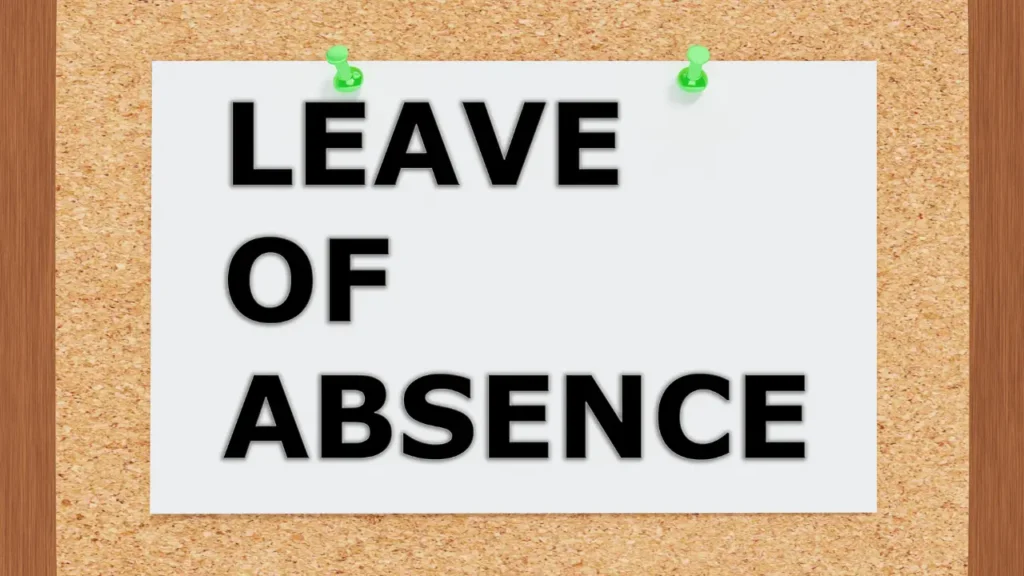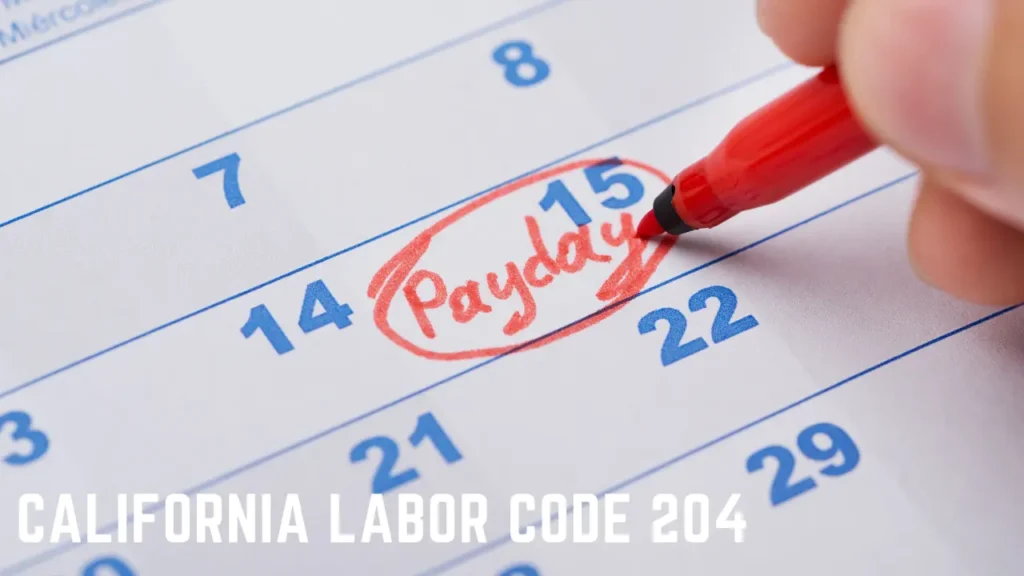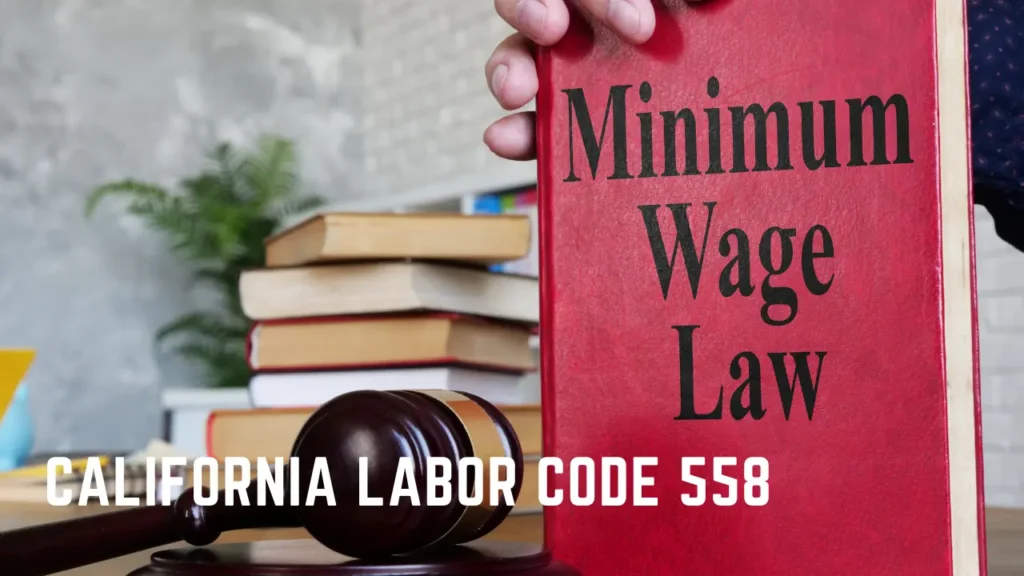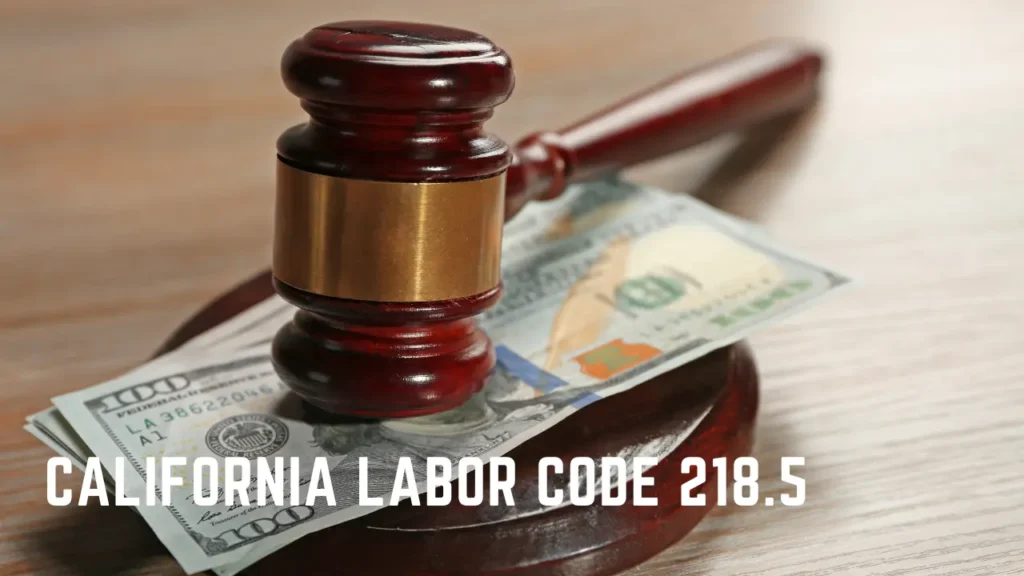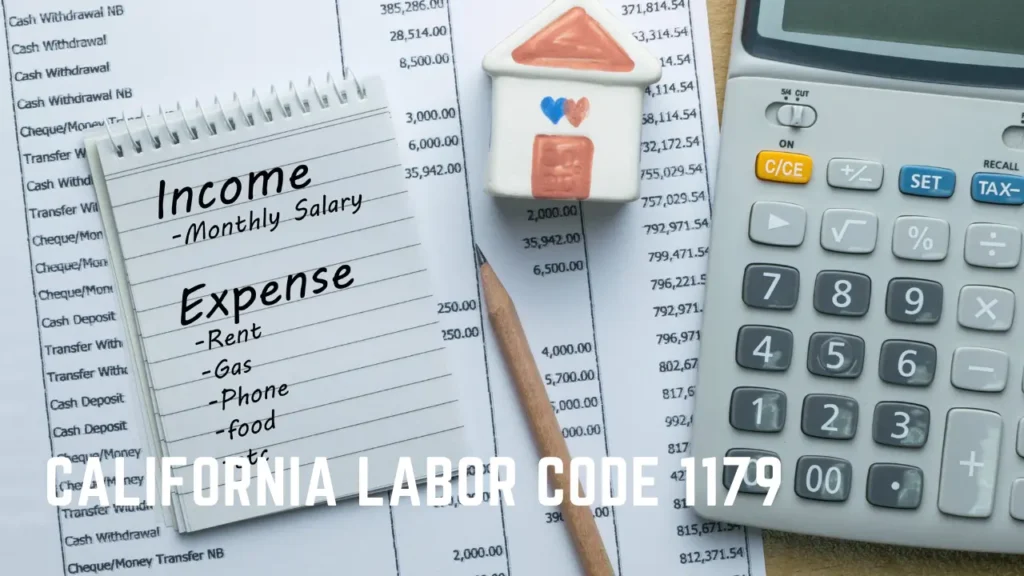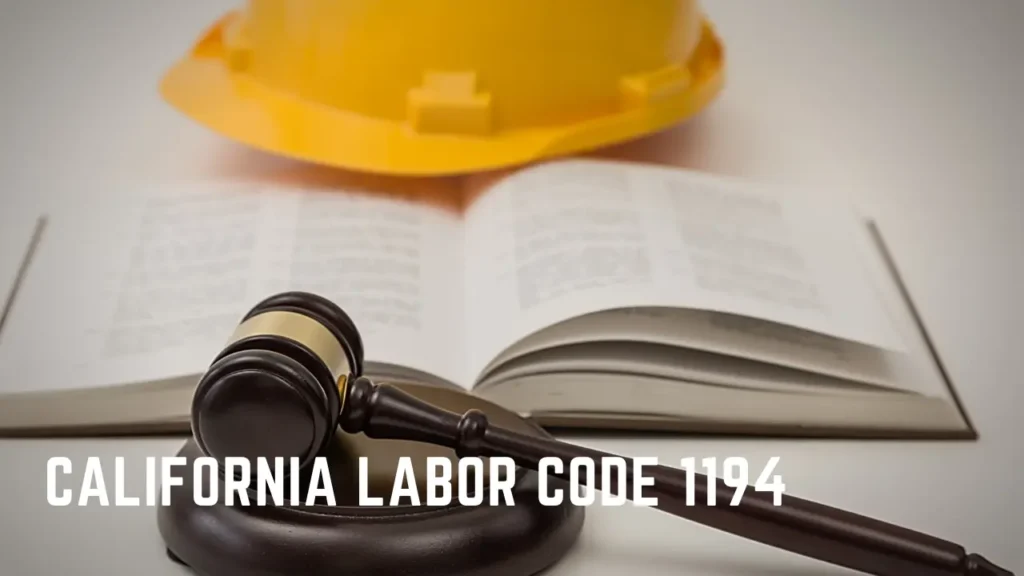Table of Contents
ToggleWhile full-time work is generally accepted as a 40-hour week, the definition of part-time work is less clear-cut, and the benefits and protections for part-time employees can vary significantly. Moreover, federal labor laws add another layer of complexity to these definitions.
In this context, this article aims to demystify these complexities and provide a comprehensive guide to understanding full-time and part-time employment in California. It is essential to explore this topic further as it impacts not just the financial aspects of employment, but also touches upon the health, wellbeing, and rights of the workforce.
Understanding Full-Time Employment in California
In dissecting the framework of full-time employment in California, it’s pivotal to understand that according to state labor laws, this classification entails a standard work week of 40 hours, offering employees a range of legal rights and workplace entitlements. These entitlements include protection against discrimination, the right to sick leave, and access to healthcare benefits, to name a few.
However, to be classified as a full-time exempt employee, one must earn at least twice the state’s minimum wage, which translates to a minimum annual salary of $66,560. Non-exempt employees, on the other hand, are entitled to overtime pay, calculated as 1.5 times the regular rate of pay, for any hours worked beyond the standard 40-hour work week.
Overtime Regulations for California Workers
Navigating the waters of overtime regulations in California, it becomes clear that non-exempt employees are entitled to additional compensation for hours worked beyond the established 40-hour work week.
These regulations can be broken down as follows:
- Overtime Pay: Non-exempt workers receive 1.5 times their regular rate of pay for any hours worked over 40 in a work week or over 8 in a work day.
- Weekends and Holidays: These are considered overtime if they exceed the worker’s standard daily hours.
- Double Time: This applies for any hours worked beyond 12 in a work day.
- Exceptions: Certain professions, such as farm workers and personal attendants, have specific overtime rules.
- Enforcement: The Division of Labor Standards Enforcement ensures employers comply with these regulations.
Full-Time Vs Part-Time hours: Entitlements and Protections for Workers
Understanding the various entitlements and protections available to full-time and part-time workers in California is crucial for both employers and employees to foster a balanced, lawful, and efficient work environment. Full-time employees, defined as those working 40 hours per week, are entitled to benefits like sick leave, vacation time, and health insurance.
Employers occasionally extend these benefits to part-time workers to boost morale and attract quality talent. Part-time employees, even though the definition is legally fluid, still enjoy rights to minimum wage, rest periods, and protection from harassment or discrimination. Misclassification of part-time workers can lead to lawsuits for unpaid wages.
Understanding these entitlements and protections ensures compliance with labor laws, promoting a fair workplace.
Federal Laws on Full-Time Hours
While California labor laws provide specific regulations for full-time employment, it’s also essential to examine how federal laws such as ERISA and ACA define and govern full-time hours.
Under the Employee Retirement Income Security Act (ERISA), employees are eligible for employer-provided retirement plans if they work 1,000 hours or more within a year. This equates to approximately 20 hours per week.
On the other hand, the Affordable Care Act (ACA) mandates that employers must extend healthcare benefits to employees working more than 30 hours per week. This count is lower than the traditional 40-hour work week standard.
Federal Laws on Full-Time Hours:
- ERISA: eligibility for benefits at 1,000 hours worked per year
- ACA: healthcare benefits for employees working over 30 hours per week.
These varying definitions emphasize the complexity of employment law and the importance of knowing your rights as a worker.
Defining Part-Time Work in California
In the context of California labor law, part-time employment lacks a fixed legal definition, often being characterized by fewer work hours and benefits compared to full-time employment. Despite this, part-time workers are still subject to certain protections under state law, such as minimum wage and rest periods.
Benefits such as sick leave, vacation time, and health insurance, commonly associated with full-time employment, may not be guaranteed for part-time workers. However, some employers may voluntarily extend these benefits to part-time staff. Misclassified part-time employees, those working full-time hours without receiving corresponding benefits, have the right to file lawsuits to recover unpaid wages and compensation.
Understanding these characteristics can help employers and employees navigate the complexities of part-time employment in California.
Conclusion
In conclusion, the complexities of full-time and part-time employment in California necessitate a thorough understanding of state and federal labor laws. These distinctions dictate employee entitlements, protections, and overtime regulations.
Although full-time employment is clearly defined, part-time work remains relatively ambiguous, with varying benefits.
Ensuring knowledge of these definitions is crucial for both employers and employees to navigate their rights, obligations, and benefits in the Californian workplace effectively.



